P
Paintballing

Although this has been a very popular activity with young people for a while now, it is now no longer recommended by those in the know. There are too many accidents, and the countryside is being trashed after a few years of being sprayed with paint.
Try inventing games in woods with similar rules that create the same adrenalin without the mess and the cost!
However, in case paintballing with paints is something you still want to do, here are a couple of contact details:
Skirmish Paintball, Portishead
Bristol Outdoor Pursuits/Hamburger Hill Paintball Games, Hunstrete, near Bristol
Parks and Gardens
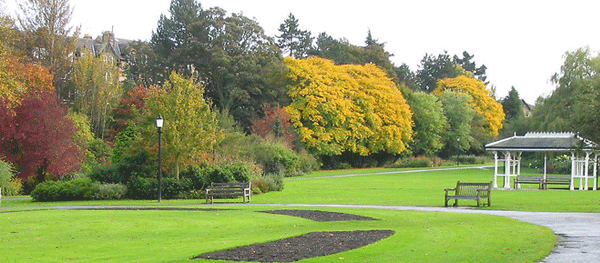
For info on Bristol’s parks and open spaces and an event timetable, call the Parks Department on 0117 922 3719 or Email bristolparks@bristol.gov.uk.
Avon Gorge and Downs Wildlife Project also run a programme of events for children and young people.
Further away, take your group on a trip to:
Avon Valley Country Park - great play area in Keynsham, with animals, boating, mini-quads, picnic and BBQ sites.
Oldown Country Park, Tockington, Bristol. Pedal go-karts, train rides, forest walks, tractor rides, adventure land and an animal farm.
Search Parks and Gardens - an online database of parks and gardens in the UK.
See also Picnics
Permaculture
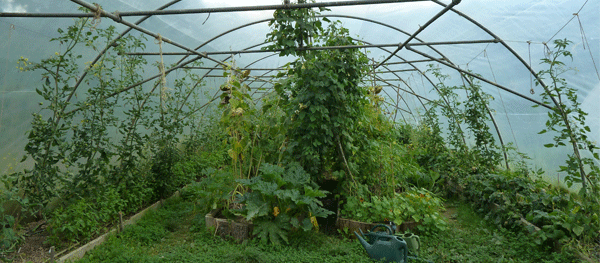
Permaculture is an approach to gardening, environmental action, waste reduction and generally ‘lightening your eco-footprint’. A global network of positive thinkers, researchers and activists, the Permaculture movement has developed some common-sense solutions to sustainability. Based on a study of how natural systems thrive, its principles have been used to regenerate land and strengthen rural and urban communities worldwide.
Whether it’s organic gardening, alternative technology, low impact building or community action that may inspire you, permaculture is a good place to start. There are local and regional groups involved in a range of activities:
The Permaculture Association is a network of local groups, projects, resources and advice and their website provides information on courses and ideas.
Permaculture Magazine - Bimonthly magazine packed with ideas, articles, project updates, courses, places to stay and news from around the world. Includes the Earth Repair Catalogue for extensive mail order book service.
Bristol Permaculture Group - Active local group, which provides a network for groups and projects. Groups include community orchards and allotments, schools gardens, seed and plant swaps, courses and social events. Visit their website for help and advice on sustainable approaches to your project, links to local resources, volunteers and information.
Ragmans Lane Farm in the Forest of Dean runs a wide range of permaculture courses.
Eco-Logic Books - Local mail order book-shop specialising in Permaculture, environment and sustainability.
Plants for a Future - A database of 7000 useful plants - edible, medicinal, natural dyes, craft and garden uses. Ken Fern’s extensive research has produced this comprehensive list of plants not normally used. Everything you ever wanted to know about growing plants including propagation and care.
Brithdir Mawr, near Newport, is a very inspiring permaculture farm and community, with a converted barn with two lofts and a family room that can sleep 12. There is a shower/bathroom with solar/wood-heated water, all lighting is provided by renewable sources and there are the sweetest compost toilets you ever will encounter! It is located on a beautiful organic farm with wild flower meadows, woodlands, lake and streams and is 10 minutes from a great beach. Visitors can participate in farming or gardening activities if they wish and there is good horseriding nearby.
See also Environment and Gardening
Photography
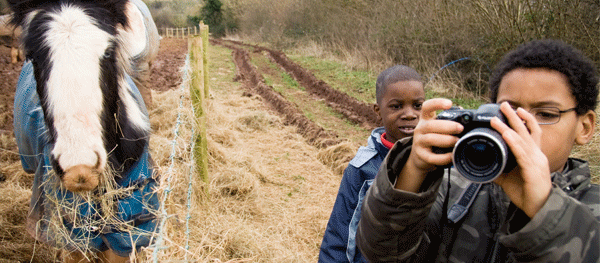
Don’t forget to take pictures of the activities you do – they are good for fundraising, annual reports and just remembering down the line how much your group has done and what you have achieved over all those years. Remember that if you are going to use the photos to promote your group – in an Annual Report for example – that you need anyone in the photo to sign a photo release form. It’s a good idea to get anyone you take a picture of to sign these at the time, just in case.
If you don’t want to take valuable cameras on outings, you could always use disposable ones – though the quality probably won’t be good enough for publications, and the approach is not good for the environment.
If your group want to explore photography in more detail, check whether there are any facilities at your local community and learning centres - you can get this information from the council. Or try:
St Pauls Learning and Family Centre have darkroom facilities. Call 0117 914 5470.
Easton Community Centre have an IT suite. Call 0117 954 1409
Picnics
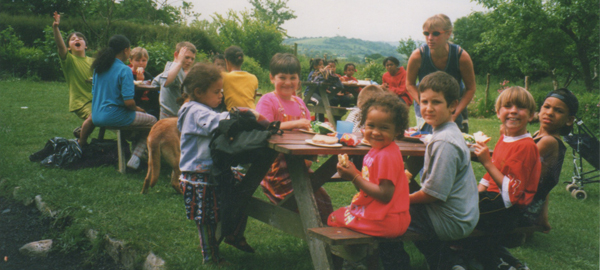
If they’re old enough, get your group to choose the venue and menu. They could even make it a themed picnic.
For younger ones, there are lots of sorts of picnics you could organise – a dressing-up picnic, teddy bears picnic, a mini-sports day (with egg and spoon and sack races), etc.
Take rugs, bats and balls for rounders and cricket, frisbees, footballs, volleyballs, skipping ropes, books, magazines, paints and sketch books, lots to eat and drink, sunscreen, hats, something for shade, etc.
Try not to take ghetto blasters, personal stereos, DS’s, mobile phones etc.
There are great picnic spots in and just outside Bristol. Here’s a few in town:
Good spots outside of town are:
Sand Point (Weston-super-Mare, 1 hour drive, next to sea)
Slimbridge (¾ hour drive)
Kelson and Rocks East Woodland
Also see Beaches, Camping, Outings, Parks for other possible destinations.
Pond Dipping
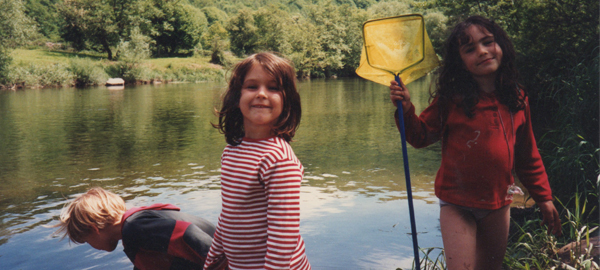
Take your group pond dipping in your local lake – though you may need extra supervision, especially with younger ones.
You don’t need lots of special equipment - the most important tools you can possibly have are your eyes. Sit or stand still beside a wildlife pond and just watch. You will be amazed what you can see - newts rising to the surface, wild animals coming to the pond to drink and bats swooping over the pond catching mosquitoes.
A few useful tools might come in handy:
Get a net for catching pond creatures from a local garden centre that sells pond equipment. Make sure the holes aren’t too big for pond bugs.
Find a container to put your finds in. White plastic ice cream tubs are fine - (a good excuse to eat ice-cream!), and small creatures show up well. Or buy a small clear plastic observation jar with a magnifying lid from good toy or pet shops.
You’ll need an old teaspoon to pick the creatures up with and put them in the observation jar, and a magnifying glass for looking at the smallest bugs - worth spending a bit of money on.
One of the best ways of looking at pond life is with a torch, especially at dusk or night. Point the torch at the water to help you see deeper than the first few inches.
Take a good reference book to help you identify the animals you find – try the Observer Book of Pond Life by John Clegg, which covers British pond animals.
Remember a notebook and pencil to write down what you find and draw them if you want to.
Wear Wellington boots and old clothes if the edge of the pond is muddy and don’t forget a camera just in case you find something really extraordinary.
How to pond dip - Find a place near the pond - not too close to the edge in case the bank gives way. Put pond water into your container. Sweep your net through the water and empty the contents into the container. Be careful - you can easily hurt the creatures. Have a good look at what you have caught before putting them back unharmed.
Pot Holing
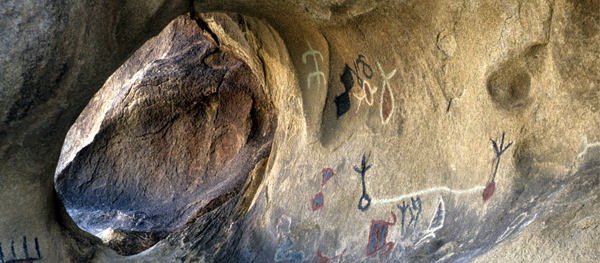
See Caving